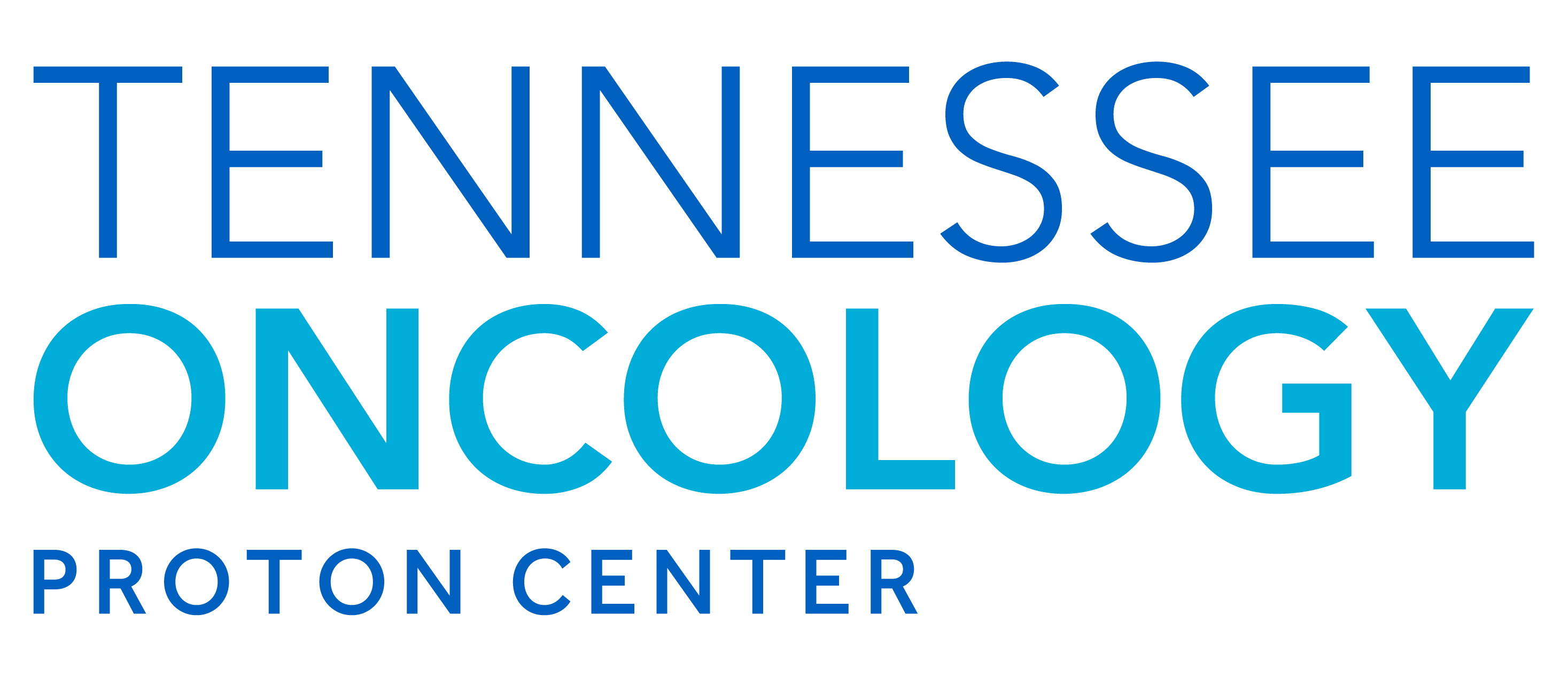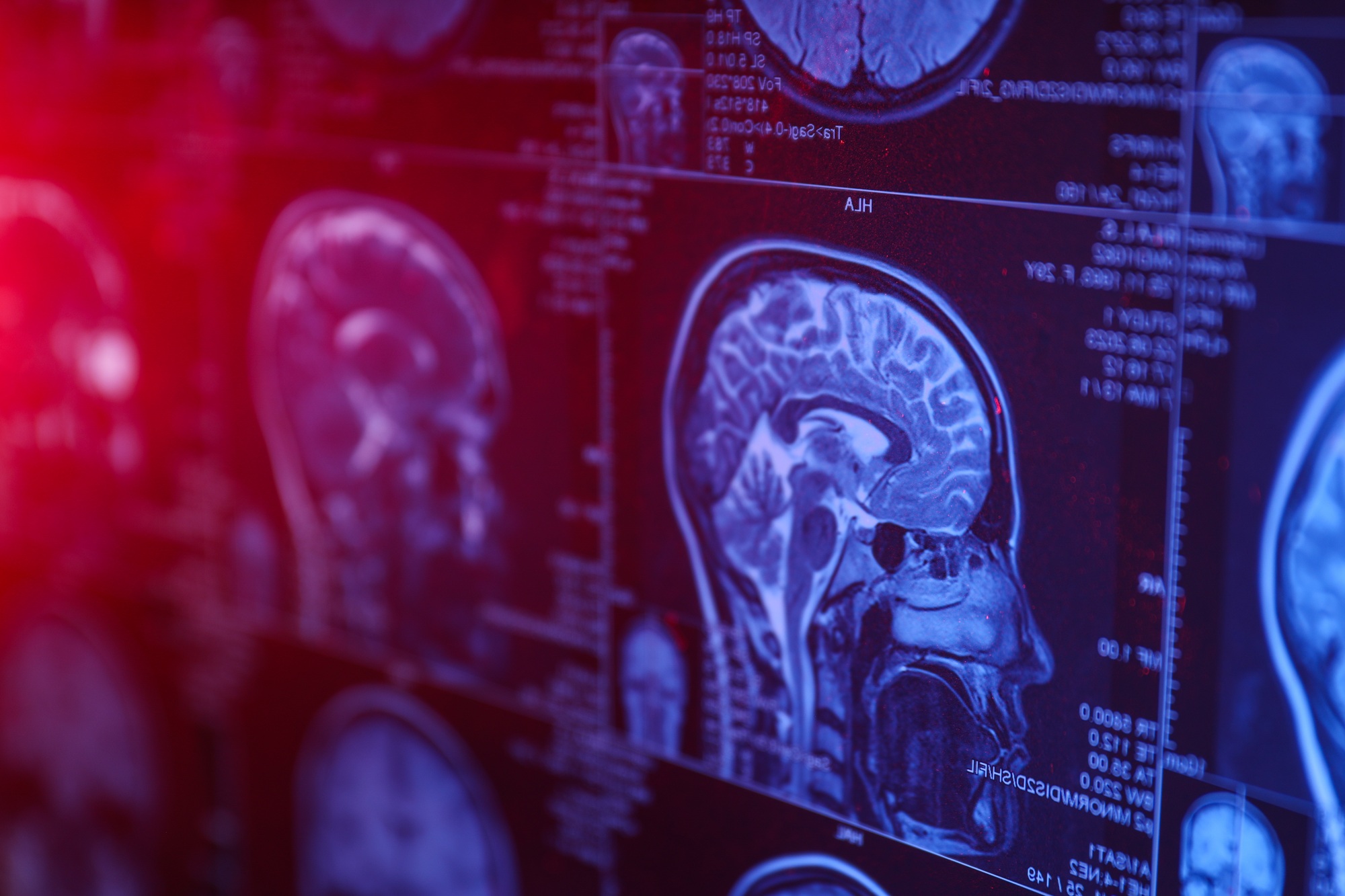Proton Therapy for Brain Tumors: Precision in Cancer Care
Estimated reading time: 4 minutes
At Tennessee Oncology Proton Center, we are dedicated to providing the most advanced and effective treatments for our patients. Proton therapy offers a unique approach to targeting brain tumors, aiming to maximize treatment efficacy while minimizing impact on healthy tissues.
Understanding Proton Therapy for Brain Tumors
Brain tumors, whether benign or malignant, present unique challenges due to their delicate location near vital structures like the brainstem, optic nerves, and sensitive brain tissue. Traditional radiation therapy, while effective, can sometimes deliver radiation not only to the tumor but also to surrounding healthy areas, potentially leading to side effects that impact a patient’s quality of life.
Proton therapy is an advanced form of radiation treatment that uses a highly precise beam of protons to deliver radiation directly to the tumor. Unlike X-rays, protons can be controlled to stop at a specific depth, releasing their energy directly within the tumor and minimizing or eliminating radiation exposure to tissues beyond the target. This distinct characteristic makes proton therapy particularly beneficial for treating brain tumors where precision is paramount.
The Precision Advantage: How Protons Work
The remarkable effectiveness of proton therapy for brain tumors stems from a fundamental physical principle known as the Bragg peak. With traditional X-ray (photon) radiation, the energy is deposited as the beam passes through the body, both before and after reaching the tumor. This means healthy tissues in the beam’s path receive an unavoidable dose of radiation.
In contrast, protons release the majority of their energy at a precisely controlled depth, creating a sharp drop-off in dose beyond the tumor. This “Bragg peak” allows our expert team at Tennessee Oncology Proton Center to sculpt the radiation dose with incredible accuracy, conforming to the unique shape and size of the brain tumor while significantly reducing the dose to surrounding healthy brain tissue. This precision is especially crucial for pediatric brain tumors, where protecting a developing brain from unnecessary radiation exposure is vital for long-term neurocognitive function and overall well-being.
Preserving Quality of Life
One of the most compelling aspects of proton therapy for brain tumor patients is its potential to reduce the radiation dose to healthy tissues. By sparing more healthy tissue, proton therapy may lessen the likelihood of effects on sensitive areas. This approach can help support various functions that contribute to a patient’s overall quality of life. For instance, research published in PubMed Central has explored the potential implications for neurocognitive function. This may include supporting areas such as memory, processing speed, and verbal fluency.
Proton therapy’s ability to precisely target the tumor also means that less radiation may reach crucial structures like the eyes and ears, potentially assisting in the preservation of vision and hearing. Furthermore, by reducing the overall radiation dose to healthy organs, there may be a lower potential impact on long-term endocrine function and a reduced risk of developing secondary cancers later in life. For a deeper understanding of comparative treatment considerations, a study published in JAMA Oncology evaluated proton versus photon therapy in advanced cancers, including some involving the brain.
These minimized exposures to healthy tissue can contribute to a more comfortable treatment experience and a better quality of life for patients during and after their therapy. Patients may experience less overall impact, allowing them to maintain a more active lifestyle and recover more comfortably.
Why Choose Tennessee Oncology Proton Center?
The Tennessee Oncology Proton Center is equipped with state-of-the-art ProNova SC360 technology, one of the most advanced pencil-beam scanning systems available. This allows for unparalleled precision and efficiency in delivering proton therapy, providing targeted treatment in a shorter amount of time. Our dedicated team of radiation oncologists, medical physicists, dosimetrists, and support staff are highly experienced in proton therapy for brain tumors, ensuring personalized and comprehensive care for every patient.
Choosing proton therapy at Tennessee Oncology Proton Center means choosing a treatment option that prioritizes both effective tumor eradication and the preservation of your healthy brain tissue and overall well-being. We are committed to empowering hope and delivering cutting-edge cancer treatment right here in Middle Tennessee.





